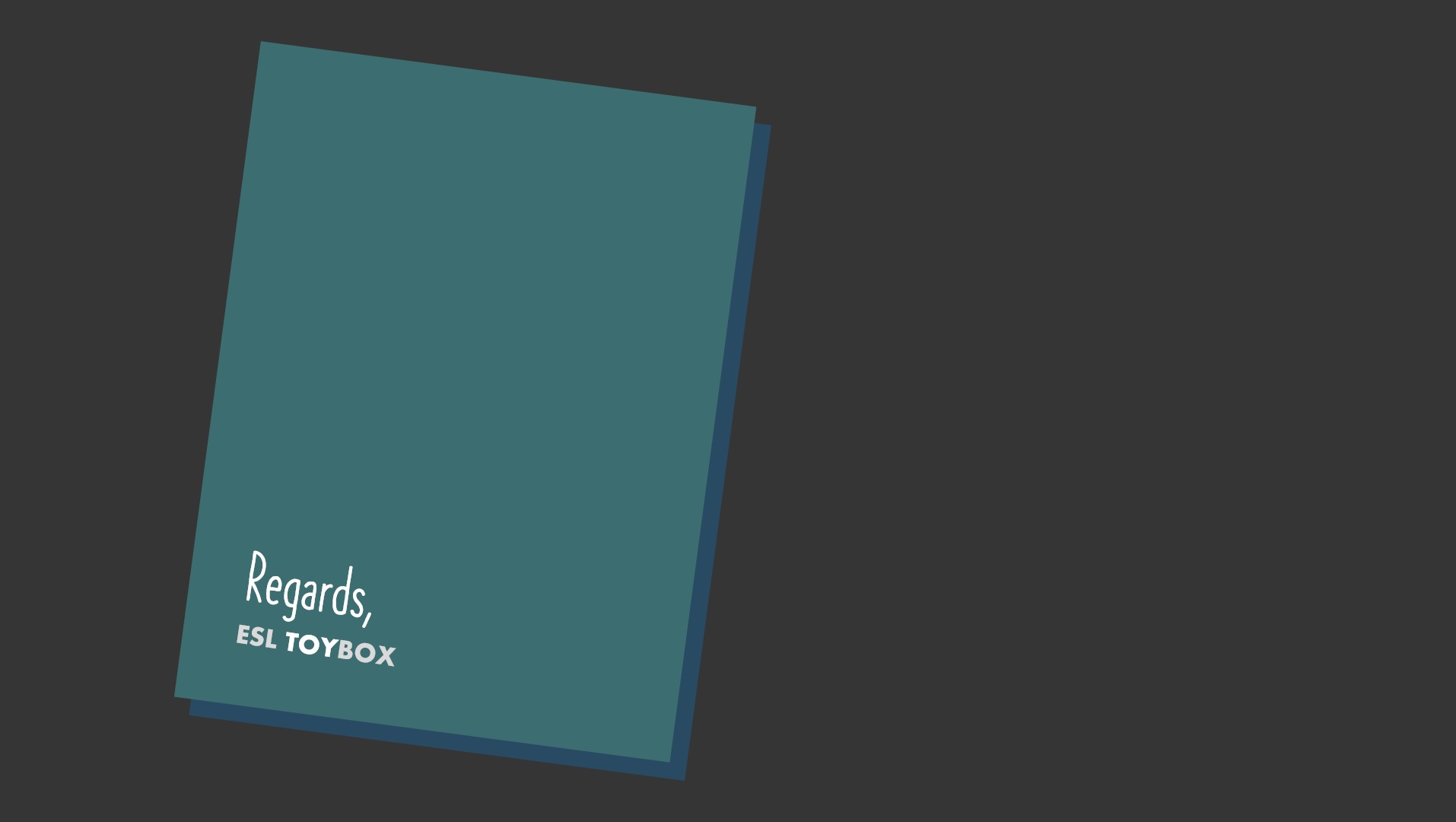Regards
A valediction is a way of ending a conversation or letter. It is a word or phrase to say goodbye. The opposite of valediction is salutation. A valediction can also refer to the speech given at a graduation.
There are many types of valediction including goodbye, sincerely, your friend, cordially, etc. Your signature (or printed name) usually comes after the valediction.
In a recent writing assignment, I had trainees write a complaint letter. I didn’t think about how to end the letter as I normally don’t even think about it. But one trainee asked if it was better to use regards or sincerely. I concluded that sincerely sounds a little out of place. It should be used with people that you have a close relationship with (with sincerity). However, it is also often used in formal situations. A valediction like regards, or cordially might be more appropriate for communicating with a company. From my research, the consensus is that regards should be used for emails. It is good to use in emails because it is not too formal, but it is also not too informal. That being said, I don’t think it really matters too much which valediction you use.
There are some situations in English where you can use certain salutations and valedictions. Most of them include meeting royalty. There are no formal greetings or valedictions for meeting royalty but there are traditional ones. So, if you ever meet the Queen of England, remember to end the conversation by saying, “I have the honour to remain, Madam, Your Majesty’s most humble and obedient servant.”
Thank you for your time.
Sincerely,
- Tim @ esltoybox
For more English phrases and quotes, follow me on Facebook:
https://www.facebook.com/ESL-ToyBox-112152010890485
Reference:
https://en.wikipedia.org/wiki/Valediction#English
https://www.royal.uk/greeting-member-royal-family
https://www.usinggrammar.com/business-english/complimentary-close-in-business-letters.php


